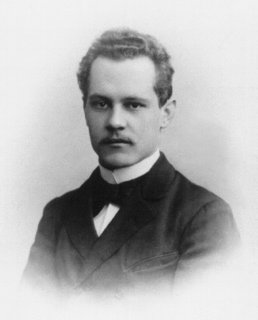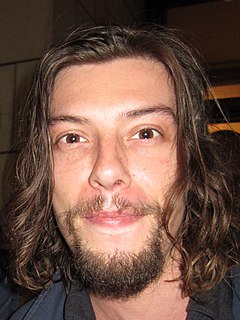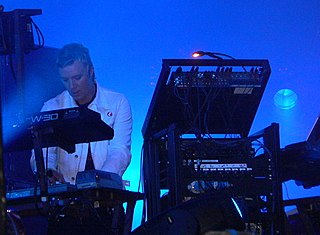A Quote by Philip Schultz
I not only couldn't read but often couldn't hear or understand what was being said to me - by the time I'd processed the beginning of a sentence, the teacher was well on her way through a second or third.
Related Quotes
Thermodynamics is a funny subject. The first time you go through it, you don't understand it at all. The second time you go through it, you think you understand it, except for one or two small points. The third time you go through it, you know you don't understand it, but by that time you are so used to it, it doesn't bother you any more.
A sentence is like a tune. A memorable sentence gives its emotion a melodic shape. You want to hear it again, say it—in a way, to hum it to yourself. You desire, if only in the sound studio of your imagination, to repeat the physical experience of that sentence. That craving, emotional and intellectual but beginning in the body with a certain gesture of sound, is near the heart of poetry.
The first sentence of the truth is always the hardest. Each of us had a first sentence, and most of us found the strength to say it out loud to someone who deserved to hear it. What we hoped, and what we found, was that the second sentence of the truth is always easier than the first, and the third sentence is even easier than that. Suddenly you are speaking the truth in paragraphs, in pages. The fear, the nervousness, is still there, but it is joined by a new confidence. All along, you've used the first sentence as a lock. But now you find that it's the key.
As I raced out of the office, I could hear Emily rapid-fire dialing four-digit extensions and all but screaming, 'She's on her way-- tell everyone.' It took me only three seconds to wind through the hallways and pass through the fashion department, but I had already heard panicked cries of 'Emily said she's on her way in' and 'Miranda's coming!' and a particularly blood curdling cry of 'She's baaaaaaaaaaaaaaaaaaaack!
Some readers read a book as if it were an instruction manual, expecting to understand everything first time, but of course when you write, you put into every sentence an overflow of meaning, and you create in every sentence as many resonances and double meanings and ambiguities as you can possibly pack in there, so that people can read it again and get something new each time.
Most of my teachers wanted to send me to the principal's office. But my fourth-grade teacher once put her arms around me and said, 'You sure write well.' And I've had good penmanship until this day. She was the only one who ever said anything nice to me. That's the kind of motivation that students need.
To understand oneself requires patience, tolerant awareness; the self is a book of many volumes which you cannot read in a day, but when once you begin to read, you must read every word, every sentence, every paragraph for in them are the intimations of the whole. The beginning of it is the ending of it. If you know how to read, supreme wisdom is to be found.







































